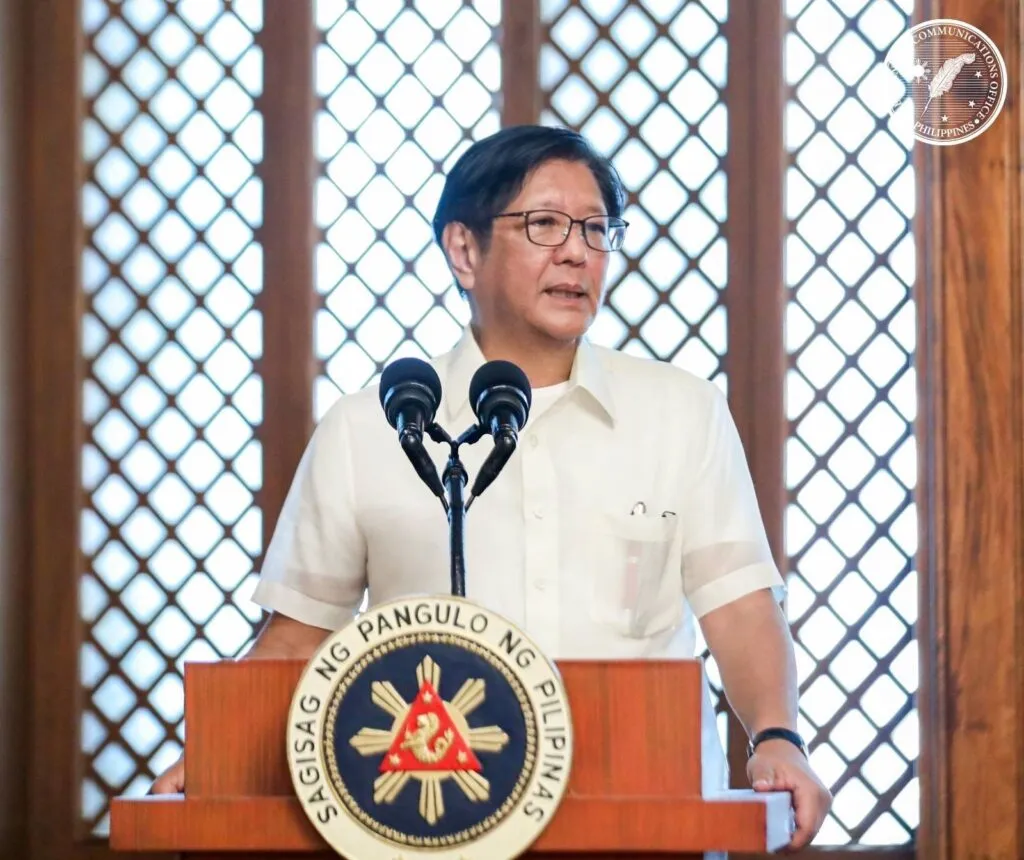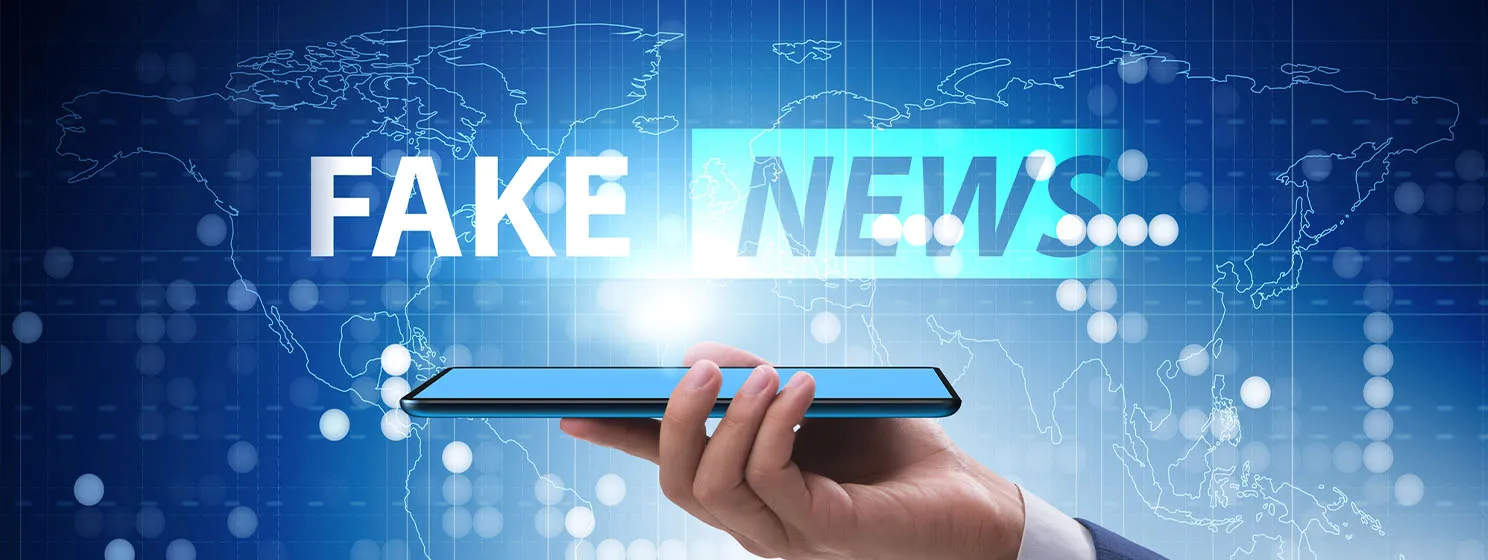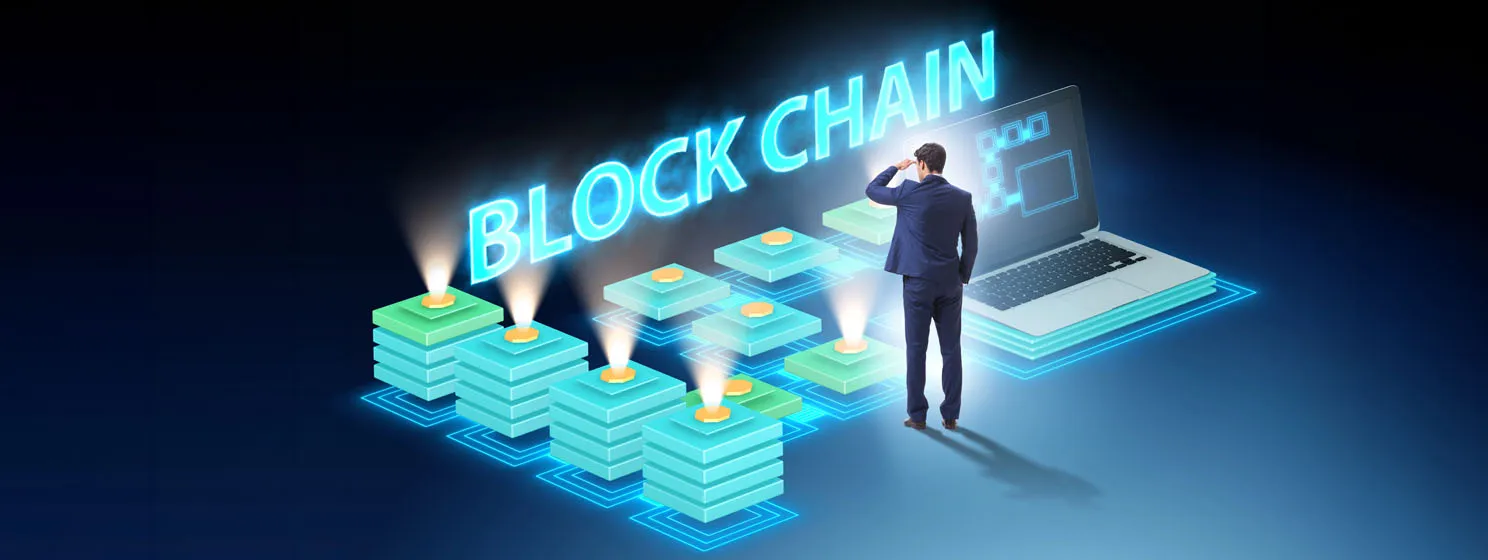|
Getting your Trinity Audio player ready...
|
President Ferdinand Bongbong Marcos Jr. has emphasized the need for a strong yet carefully crafted approach to counter fake news, stating that regulatory efforts must not infringe on the public’s right to freedom of expression.
In a sectoral meeting held at Malacañang on April 21, Marcos said he supports the campaign against fake news, referring to the initiatives spearheaded by the Department of Information and Communications Technology (DICT) and the Presidential Communications Office (PCO).
“It’s essential that we are clear on what we’re regulating and how we go about it, without infringing on our people’s fundamental rights,” he said.
The President acknowledged that with the rapid pace of digital transformation, tackling online misinformation and disinformation has become a critical concern, but emphasized that this should be approached with precision and caution. “This is an ongoing and evolving challenge,” Marcos said. “But one we must face head-on — with clarity, coordination, and care.”

National position against disinformation pushed
DICT Secretary Henry Aguda echoed the President’s remarks, underscoring the importance of a well-defined national stance on the issue. He pointed to the legal basis for balancing freedom of expression with responsible regulation, stating that the International Covenant on Civil and Political Rights recognizes that freedom of expression also comes with responsibilities and may be subject to certain limitations when necessary.
Aguda also expressed confidence that the local media industry will align with the administration’s direction. He said journalists are crucial allies in defending truth in the digital sphere.
Philippine agency develops framework
During the meeting, PCO Secretary Jay Ruiz assured the President that the office has “already crafted an operational framework designed to identify and monitor websites and online content known for spreading false information.”
Ruiz also said that the PCO is actively working with the Cybercrime Investigation and Coordinating Center (CICC) to expand and quicken the response to online disinformation. Ruiz said the PCO is also actively collaborating with the CICC to accelerate efforts to curb fake news across multiple platforms.
Broader digital context: AI adoption on the rise
The government’s campaign comes when the Philippines is gaining international recognition for its early adoption of frontier technologies such as artificial intelligence (AI). According to the United Nations Conference on Trade and Development (UNCTAD) 2025 Technology and Innovation Report, the Philippines is among a group of developing nations that are “outperforming in technology readiness.”
“Brazil, China, India and the Philippines are developing countries outperforming in technology readiness,” the report states. The index considers infrastructure, skills, and industry activity to determine a country’s readiness to adopt emerging technologies.UNCTAD’s assessment highlights that despite having a relatively low gross domestic product (GDP) per capita, the Philippines has managed to rank higher than many of its income-level peers in digital preparedness.
“Many countries have strong potential to seize the opportunities offered by frontier technologies and boost economic growth and overall development,” the report notes. The Philippines, it adds, shows that “policy, industry capacity, and skills training can offset economic disadvantages.”
UNCTAD emphasizes the need for developing countries to act quickly to leverage the benefits of AI and digital innovation. “Developing countries should quickly set and implement AI strategies that align with their national development goals and agendas,” the report says, warning that “countries risk falling further behind without early and long-term strategies as the global AI landscape accelerates.”
In order for artificial intelligence (AI) to work right within the law and thrive in the face of growing challenges, it needs to integrate an enterprise blockchain system that ensures data input quality and ownership—allowing it to keep data safe while also guaranteeing the immutability of data. Check out CoinGeek’s coverage on this emerging tech to learn more why Enterprise blockchain will be the backbone of AI.
Watch | The Philippines startup boom: Highlights from Sinigang Valley Build Startup Festival

 09-01-2025
09-01-2025 





